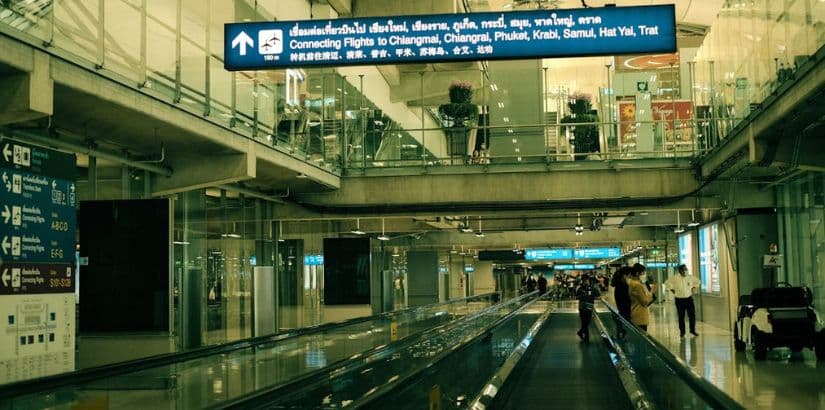Thailand Announced New Visa Measures to Boost Economy and Tourism
Share:
Thailand’s government has unveiled a comprehensive three-phase economic stimulus plan aimed at revitalizing tourism—a critical sector expected to drive quick economic returns during a time of slow GDP growth and rising public debt. Announced on May 28, during a crucial Cabinet meeting, the plan outlines strategic measures for 2024-2025 to attract a diverse array of visitors and expatriates by simplifying and enhancing visa regulations.
Key Highlights of Thailand’s Stimulus Plan:
Objective: To boost tourism revenue to at least 3 trillion baht (approximately 81.91 billion USD) by the end of 2024.
Immediate Measures (Short-term):
* Extended Visa Exemptions: Tourists, business visitors, and short-term workers from 93 countries can now stay for up to 60 days, an increase from the previous 57 countries.
* Visa on Arrival (VOA) Expansion: Now available to travelers from 31 countries.
* Introduction of the Destination Thailand Visa (DTV) aimed at foreigners seeking longer stays for work or leisure, including remote work, with a validity of up to 180 days, extendable for another 180 days.
DTV Eligibility and Benefits:
* Skilled talent, digital nomads, freelancers, and participants in cultural, educational, or medical activities.
* Includes spouses and legal dependents under 20.
* Proof of financial stability with at least 500,000 baht guaranteed for the duration of the stay.
* An initial fee of 10,000 baht, with the same amount for one-time renewal.
Enhanced Provisions for Foreign Students:
* Post-Graduation Opportunities: Extended one-year stay for job hunting and travel post-graduation, facilitated by the Ministry of Higher Education, Science, Research, and Innovation.
Medium-term Adjustments (September – December 2024):
* Reduction of Non-Immigrant visa categories from 17 to 7.
* Revised criteria for Long Stay visas for retirees, including reduced health insurance requirements.
* Increase in e-Visa service availability from 47 to 94 locations globally.
Long-term Strategic Measures (June 2025):
* Development of an Electronic Travel Authorization (ETA) for easier processing of visa-exempt entries.
* Use of advanced technology to improve screening and data integration with the Immigration Bureau.
Government spokesperson Chai Wacharong has noted that while these measures to boost tourism may reduce government revenue by about 12.3 billion baht (335.7 million USD) annually, the anticipated surge in tourism could generate between 800 billion to 1 trillion baht (21.8 – 27.3 billion USD) in revenue.
This strategic initiative represents Thailand’s commitment to revitalizing its economy through tourism, offering both short-term visitation enhancements and long-term residency options to cater to a global audience seeking to experience or settle in the vibrant, culturally rich landscapes of Thailand.
Source: Royal Thai Government
